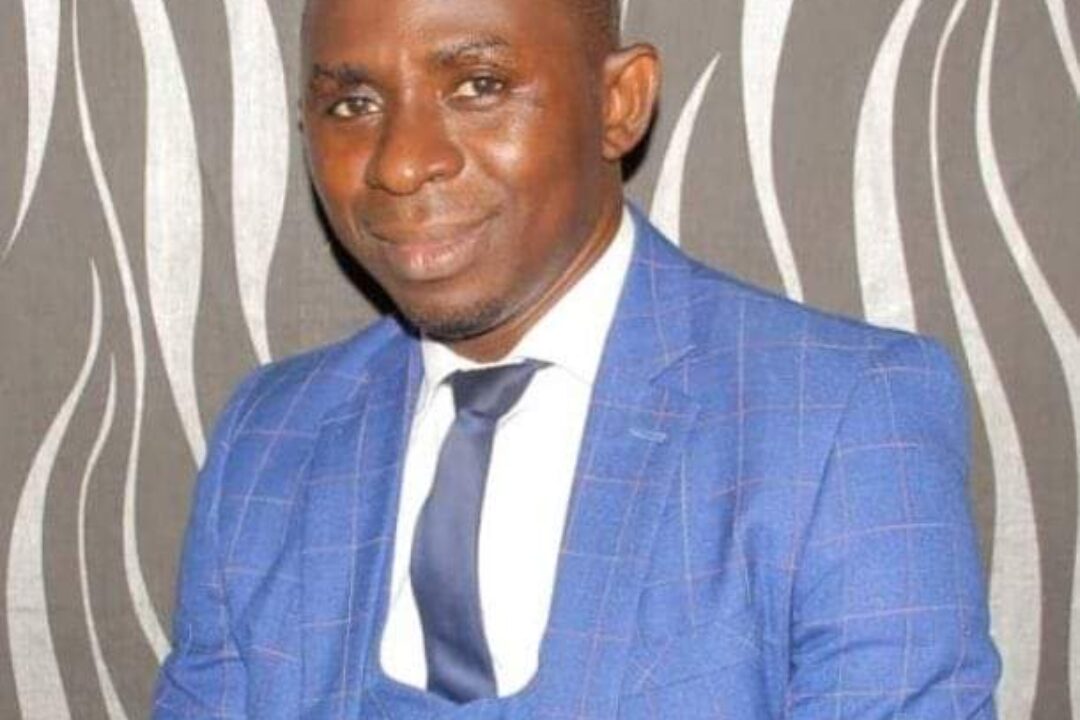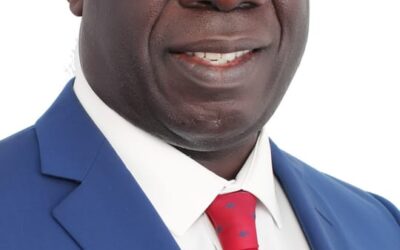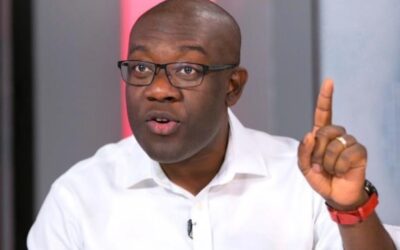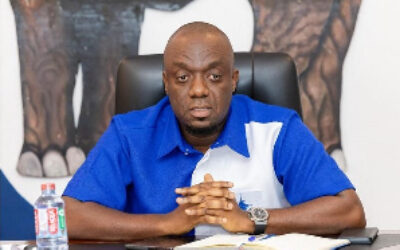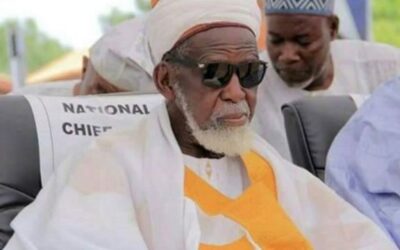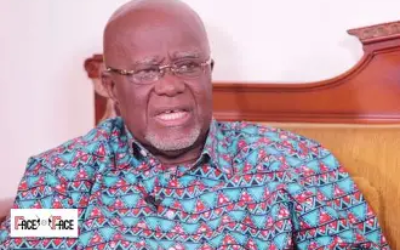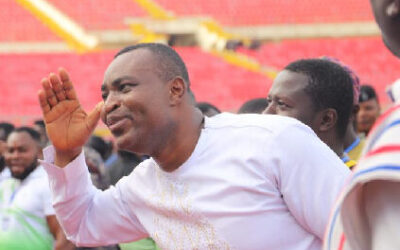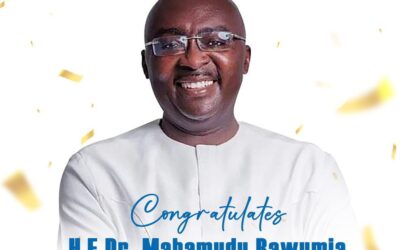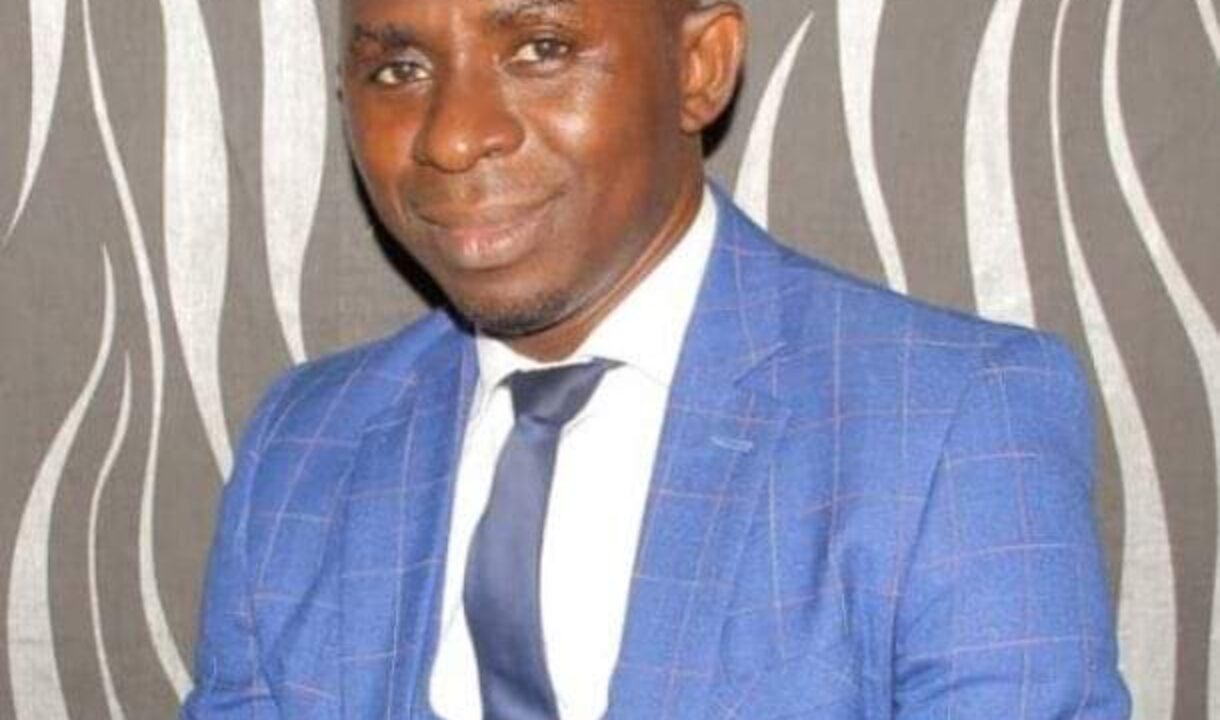Governance and Political Analyst, Mr. George Akom has bemoaned about the re-occurring of what he described as , ‘Ritual and Habitual Citizenship – Leadership blame game’ which has not provided solutions to the problems of Ghana and other African countries.
He stressed that when people are not in leadership, their actions and inactions are different , and are portrayed as better and masters of all solutions.
He intimated that from time immemorial that we got to know that majority of our problems were caused by poor leadership, what efforts have been made to prepare such new good leaders who could change the fortunes of our re- occurring situations.
Mr. Akom continued, that some citizens who complained in the past and even now about poor leadership have been young people ; some as students and political activists, and many have grown to become part of leadership then and now, but nothing new seemed to have changed considering our daily complaints and blames about poor leadership.
“Is it the case of a curse, deliberate attempt to retaliate of the difficulties they went through when they were not leaders, or just a mere occupancy of positions to satisfy their life ambitions” ,he queried.
He added that no leader would assume power to subject his or her citizens into life difficulties, but sometimes some of the situations demand a collective approach at individual and institutional levels to address them.
If any side of the equation is affected negatively, it could affect the entire development of the nation. He admonished that the country have had enough potential and promising leaders over the years who had served in the various capacities within their means to better the lives of citizens, but most of the past and present situations have not met the expectations and the living standards of the citizens. He enumerated that, some key governmental policies, programs and interventions have not lived up to expectation to better the lives of the good people of the country, which were attributed to poor institutional framework to support the 3 arms of the government in a more efficient manner.


He emphasized that, leadership does not exist in isolation, but largely depends on the calibre of the group of people. He addressed that everyone is a leader at any particular point in time. The key difference is that, those in the helms of affairs have been given power through electoral process to occupy positions to direct most of our socio- economic and political activities that affect the citizens.
If each citizen plays his or her leadership roles well at the various levels they find themselves, being a parent, a head of department or unit, or a leader of a union, association, religion, chieftaincy or as a patriotic citizen, we could help in solving most of our recurring problems.
It is on the bases of collective leadership that is when an individual leader could perform to the expectation when found to be in a group. Although, good leaders of nations are to direct and innovate to bring positive and transformation development, it mostly depends on the support from team members and citizens.
Mr. Akom commented that some key issues that have been detrimental to the development of Ghana, which needed serious attention included tolerance, law abiding, expectation management, morality and patriotism.
He stressed that if these key areas were given attention to, they could have helped to improve the development of the nation in a more progressive manner. He stated, that although, the country since independence had faced serious developmental challenges in the areas of poor road network, health, education, security and safety, and other socio-economic issues, the country has been improving on them progressively, and the quality of life getting better than before amidst all the economic crisis that had emerged.
Mr. George Akom who is a Senior Assistant Registrar at the Ghana Communication Technology University opined, that some key election campaign pointers such as corruption, currency depreciation, fuel price increment, utility tariffs, taxation, unemployment, insecurity and political misinformation have also become ritual and habitual issues in selecting government in Ghana, especially under the Fourth Republic, but the problems have been recurring.

He suggested that it was high time we addressed these problems collectively from individual, group and national levels to improve on our development as nation through the formulation of nationalist policies and programs for citizenship support, and the amendment of some laws that have been existing contrary to our developmental agenda.


